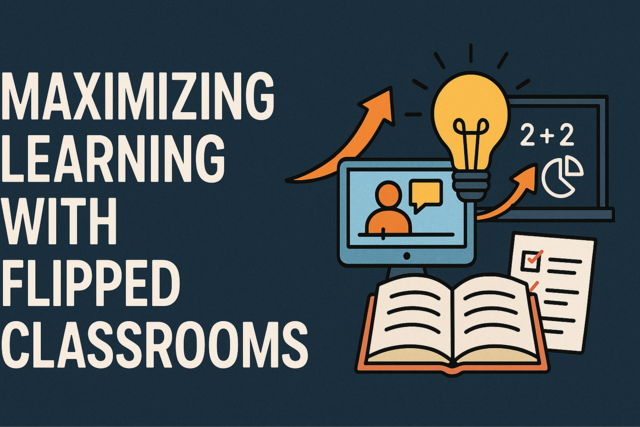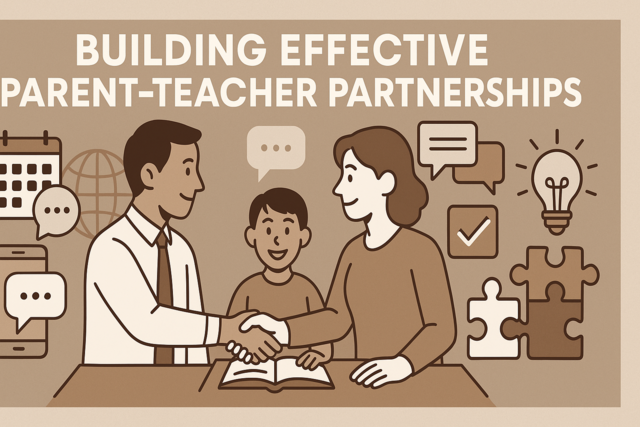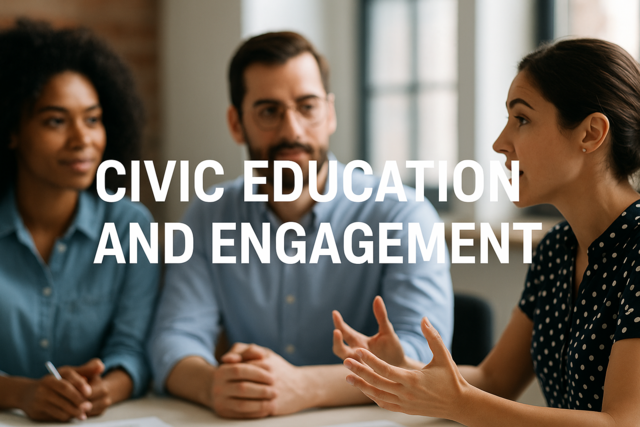Online Class: Developing Critical Thinking Skills

no certificate
with CEU Certificate*
-
15Lessons
-
22Exams &
Assignments -
5Hours
average time -
0.5CEUs
Course Description
Imagine a world where your mind is your most powerful asset, slicing through the noise of everyday complexities, discerning truth from illusion, and empowering you to make the most informed, intelligent decisions in every facet of your life. Welcome to "Developing Critical Thinking Skills," a transformative journey that transcends traditional online education, offering you more than mere knowledge—it's about altering your perspective and sharpening your intellectual edge.
From the very first moment of this course, you will embark on an immersive expedition into the depths of critical thinking, a skill more vital today than ever before. Picture a life where you can effortlessly navigate through an ocean of information, confidently identifying and challenging assumptions that may restrict your growth and vision. Whether you're a seasoned professional aiming to enhance your strategic prowess or a student yearning to refine your analytical capabilities, here lies the key to unlocking your fullest potential.
What sets this course apart from others is its unique narrative, guiding you through each module with a personalized, conversational approach that feels less like a lecture and more like an exploration with a trusted mentor. You'll delve into the art of analyzing arguments and evidence, developing a discerning eye that empowers you to evaluate sources of information with precision and confidence. This isn't just about acquiring skills—it's about transforming how you think, perceive, and interact with the world around you.
Imagine the empowerment that comes from understanding and avoiding logical fallacies, allowing your arguments to be not only compelling but unshakeable. Moreover, the course invites you to cultivate an open-minded perspective, embracing the richness of differing viewpoints and fostering a mindset ripe for innovation and collaboration. As modern challenges require modern solutions, you'll find yourself increasingly adept at problem-solving with creativity and flair, making effective decisions that propel you toward your aspirations.
But this is not where your journey ends; it's where it truly begins. You will learn to intertwine critical thought with emotional intelligence, balancing logic with empathy, and transforming not just your communication skills but your interactions and relationships as a whole. This unique integration of emotional insight is one of the gems that distinguishes our course, ensuring that your critical thinking prowess is both powerful and humane.
In a world where ethics often seem overshadowed by expedience, building a foundation for ethical reasoning equips you to rise above, making choices that are both reasoned and principled. Here, you become a beacon of integrity, applying critical thinking to real-world situations where your judgments resonate with fairness and clarity.
As our world becomes increasingly saturated with information, the ability to discern credible sources is paramount. This course will arm you with strategies for thriving amidst information overload, ensuring not just survival but success in navigating complex digital landscapes. You'll enhance your ability to communicate with clarity and impact, leveraging your skills to articulate ideas persuasively and precisely.
Throughout each module, you'll find a course content rich with interactive opportunities, enabling you to directly apply your newfound skills to real-world scenarios. Each lesson is designed to resonate deeply, not just on an intellectual level but also on a personal one, nurturing an intellectual curiosity that spurs lifelong learning and growth.
Join us and step into a community of like-minded individuals, all committed to cultivating a higher standard of thinking, challenging what is known, and forging new paths in personal and professional arenas. The tools and insights you'll gain here aren't just benefits—they're your essential arsenal for a future of limitless potential.
"Developing Critical Thinking Skills" isn't just a course; it's a transformative experience defining your journey toward a more thoughtful, informed, and empowered life. Are you ready to embrace your next evolution? The time to unlock your mental mastery is now. Enroll today and redefine what's possible.
- Completely Online
- Self-Paced
- 6 Months to Complete
- 24/7 Availability
- Start Anytime
- PC & Mac Compatible
- Android & iOS Friendly
- Accredited CEUs

Course Lessons
Lesson 1. Dissecting the Building Blocks of Critical Thinking: A Deep Dive into Logical Analysis and Problem Solving
Critical thinking equips individuals with the tools to evaluate situations logically, make informed decisions, and solve problems effectively by actively conceptualizing, analyzing, and synthesizing gathered information. This skill involves key elements such as interpretation, evaluation, inference, and self-regulation, fostering problem-solving abilities and personal growth across academic and professional domains.Lesson 2. Assumption Awareness: Sharpening Your Critical Edge
Assumptions, often unseen architects of thought, dictate our perceptions and decisions but can obscure reality. Developing the ability to question and evaluate these assumptions not only fosters personal growth but enhances decision-making across academic, professional, and social spheres.Lesson 3. Cultivating Critical Thinking: The Art of Analyzing Arguments
The lesson highlights how mastering the distinction between deductive and inductive reasoning equips individuals to evaluate arguments effectively, enhancing their critical thinking skills. By understanding causal and analogical arguments, learners foster creativity and align disparate ideas, enriching their interpretative capabilities.Lesson 4. Distinguishing Trustworthy Sources in a Sea of Information
Authority in information is signified by a source's recognized credibility and the expertise it holds within its field. Critical thinking in the information age involves assessing credentials, comprehending biases, and understanding methodological rigor, which fortifies an individual's ability to consume and produce well-informed content.Lesson 5. Navigating the Maze of Logical Fallacies: Tools for Critical Thinkers
Avoiding logical fallacies enhances one's critical thinking skills, allowing for a more nuanced analysis of information found in media, politics, and daily life. Recognizing and challenging these deceptive reasoning tactics, such as ad hominem attacks and straw man arguments, fosters a more respectful and effective discourse.Lesson 6. Decoding Cognitive Biases: Their Impact and Mitigation
Cultivating an Open-Minded PerspectiveLesson 7. Delving Deeper: Unraveling the Roots of Problems for Effective Solutions
Developing strong critical thinking skills involves asking probing questions to deepen understanding of problems, whether in business, academics, or personal life. Techniques such as 'Five Whys' and visualization tools help unravel complex issues, revealing the true core and enabling effective solutions.Lesson 8. Empowered Decision-Making: Critical Thinking Meets Practical Application
Critical evaluation of information sources involves identifying biases and employing frameworks like the CRAAP Test to scrutinize reliability and intent. This skill is necessary in an information-rich world, allowing individuals to navigate data effectively and make informed decisions.Lesson 9. Unleashing the Power of Creative and Critical Thinking: Building a Robust Cognitive Toolkit for the Modern World
Lesson 3Lesson 10. The Lifelong Journey of Intellectual Curiosity
Lesson Summary 4: Encouraging a question-oriented mindset is key to developing intellectual curiosity, with educational practices that prioritize inquiry leading to profound personal and societal advancements. Curiosity serves as an engine for critical thinking and resilience, promoting continuous learning and innovative problem-solving beyond traditional disciplines.Lesson 11. Embracing the Emotional Dimension of Critical Thinking
Lesson Summary 2: Emotions, while often seen as irrational, significantly impact our decision-making, requiring critical thinkers to balance emotional insights with logical scrutiny. By consciously recognizing and regulating these emotional influences, individuals can achieve more rational decisions and foster personal growth and resilience.Lesson 12. Navigating Ethical Landscapes
Through the lens of ethical frameworks, critical thinking courses empower learners to discern, evaluate, and craft solutions to ethical dilemmas in diverse environments, promoting integrity and ethical consciousness. These skills are essential to addressing contemporary challenges, such as technological advancements and global crises, with informed and conscientious decision-making.Lesson 13. Navigating Information Overload: Mastering Critical Thinking Skills in Today's World
Cultivating media literacy involves discerning emotional appeals meant to manipulate perceptions, thus empowering individuals to engage with information critically. Recognizing emotional triggers in media content helps in maintaining an objective stance, allowing for a balanced interpretation of events and narratives.Lesson 14. Critical Connections: Merging Thinking and Talking
Effective communication and critical thinking are intertwined skills that enhance personal and professional interactions by enabling clear articulation of ideas and understanding of others' messages. Mastering this combination involves clarity, empathy, context awareness, and adaptability to foster impactful dialogues and evaluate arguments critically.Lesson 15. Critical Thinking: A Lifelong Path to Credibility Assessment
Logical fallacies, such as ad hominem attacks and slippery slope arguments, can hinder effective decision-making by skewing reasoning processes. Understanding and avoiding these fallacies enables more rational and objective conclusions, enhancing critical thinking and problem-solving skills in various contexts.
Learning Outcomes
- Recognize and mitigate cognitive biases, such as confirmation bias, to improve critical thinking skills and make more balanced and rational judgments.
- Interpret and analyze various elements of critical thinking, including evaluation and inference, to enhance problem-solving abilities and make informed decisions.
- Apply strategies to mitigate cognitive biases, particularly confirmation bias, by actively seeking disconfirming evidence to enhance objective decision-making and problem-solving skills.
- Demonstrate the ability to identify and question underlying assumptions in complex statements or arguments, utilizing techniques such as the 'Three-C Method' (Challenge, Clarify, Confirm).
- Define and differentiate between deductive, inductive, and abductive reasoning in given scenarios by providing specific examples.
- Evaluate the strength and credibility of evidence in a provided argument by identifying appropriate types of evidence, potential bias, and logical coherence.
- Demonstrate the ability to recognize and analyze potential biases in sources by examining funding, language cues, and publication contexts, ensuring a comprehensive evaluation of information.
- Identify and evaluate the authority and expertise of different sources by assessing credentials, affiliations, and peer-review processes to determine their reliability and trustworthiness.
- Demonstrate the ability to construct clear, logical arguments by avoiding common logical fallacies and supporting claims with relevant evidence.
- Recognize and identify at least three different logical fallacies in written or spoken arguments, analyzing their impact on argument credibility.
- Define cognitive bias and explain its impact on decision-making by citing examples of confirmation bias, anchoring effect, and availability heuristic in diverse contexts.
- Demonstrate strategies to counteract cognitive biases by actively engaging with diverse perspectives and practicing metacognitive reflection to enhance critical thinking and judgment.
- Define the core problem by utilizing the 'Five Whys' technique to uncover underlying causes in a business scenario, such as declining sales.
- Demonstrate mastery of lesson content at levels of 70% or higher.
Additional Course Information

- Document Your Lifelong Learning Achievements
- Earn an Official Certificate Documenting Course Hours and CEUs
- Verify Your Certificate with a Unique Serial Number Online
- View and Share Your Certificate Online or Download/Print as PDF
- Display Your Certificate on Your Resume and Promote Your Achievements Using Social Media

Choose Your Subscription Plan
No Certificate / No CEUs
This course only
| Includes certificate | X |
| Includes CEUs | X |
| Self-paced |

|
| Instructor support |

|
| Time to complete | 6 months |
| No. of courses | 1 course |
Certificate & CEUs
This course only
| Includes certificate |

|
| Includes CEUs |

|
| Self-paced |

|
| Instructor support |

|
| Time to complete | 6 months |
| No. of courses | 1 course |
Certificates & CEUs
Includes all 600+ courses
| Includes certificate |

|
| Includes CEUs |

|
| Self-paced |

|
| Instructor support |

|
| Time to complete | 12 Months |
| No. of courses | 600+ |
Certificates & CEUs
Includes all 600+ courses
| Includes certificate |

|
| Includes CEUs |

|
| Self-paced |

|
| Instructor support |

|
| Time to complete | 24 Months |
| No. of courses | 600+ |
Related Courses
-
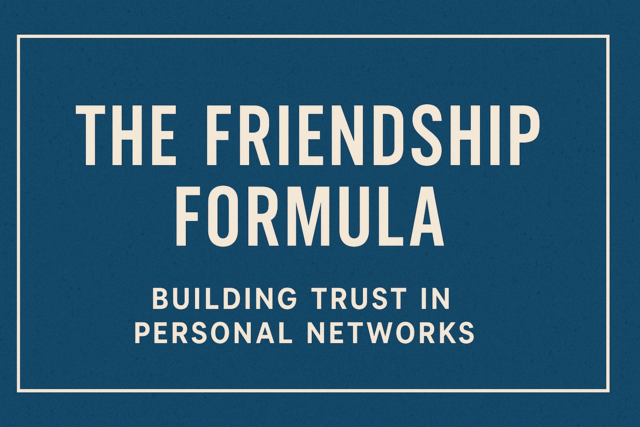 6 hours
0.6 CEUs
The Friendship Formula: Building Trust in Personal Networks
+ More Info
6 hours
0.6 CEUs
The Friendship Formula: Building Trust in Personal Networks
+ More Info
-
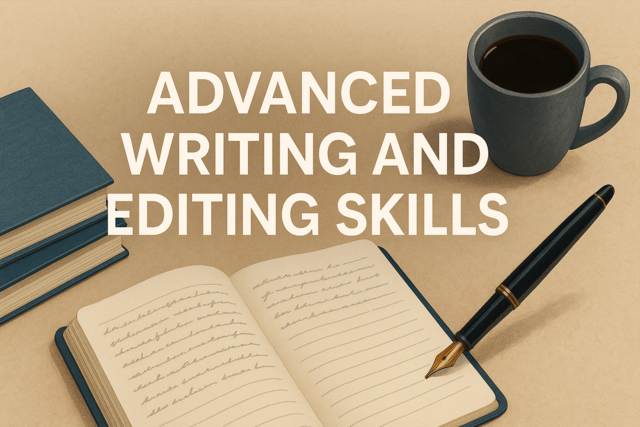 5 hours
0.5 CEUs
Advanced Writing and Editing Skills
+ More Info
5 hours
0.5 CEUs
Advanced Writing and Editing Skills
+ More Info
-
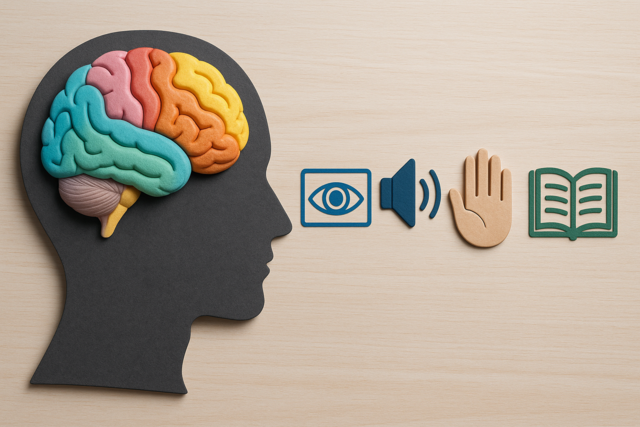 7 hours
0.7 CEUs
Understanding Learning Styles and Preferences
+ More Info
7 hours
0.7 CEUs
Understanding Learning Styles and Preferences
+ More Info
-
 3 hours
0.3 CEUs
Understanding Autism Spectrum Disorders in the Classroom
+ More Info
3 hours
0.3 CEUs
Understanding Autism Spectrum Disorders in the Classroom
+ More Info
-
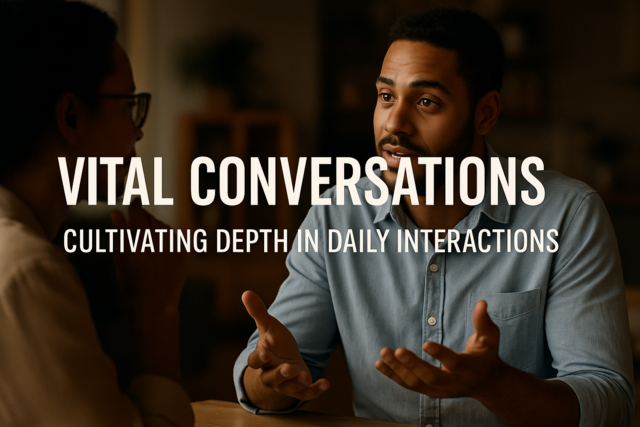 4 hours
0.4 CEUs
Vital Conversations: Cultivating Depth in Daily Interactions
+ More Info
4 hours
0.4 CEUs
Vital Conversations: Cultivating Depth in Daily Interactions
+ More Info
-
 3 hours
0.3 CEUs
Creating and Maintaining Personal Boundaries
+ More Info
3 hours
0.3 CEUs
Creating and Maintaining Personal Boundaries
+ More Info
-
 7 hours
0.7 CEUs
Mysteries of the Unexplained
+ More Info
7 hours
0.7 CEUs
Mysteries of the Unexplained
+ More Info
-
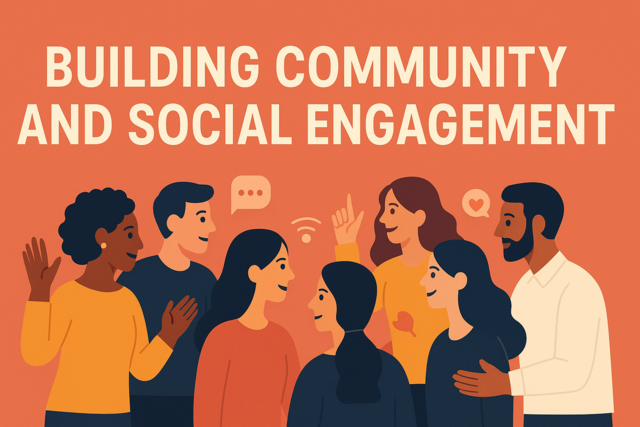 7 hours
0.7 CEUs
Building Community and Social Engagement
+ More Info
7 hours
0.7 CEUs
Building Community and Social Engagement
+ More Info
-
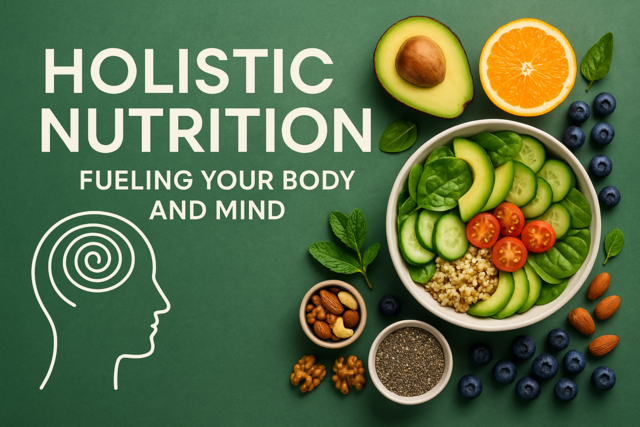 6 hours
0.6 CEUs
Holistic Nutrition: Fueling Your Body and Mind
+ More Info
6 hours
0.6 CEUs
Holistic Nutrition: Fueling Your Body and Mind
+ More Info
-
 6 hours
0.6 CEUs
The Influence Index: How Environment Shapes Relationships
+ More Info
6 hours
0.6 CEUs
The Influence Index: How Environment Shapes Relationships
+ More Info
-
 6 hours
0.6 CEUs
Beyond the Runway: Influencing Trends in Modern Luxury
+ More Info
6 hours
0.6 CEUs
Beyond the Runway: Influencing Trends in Modern Luxury
+ More Info
-
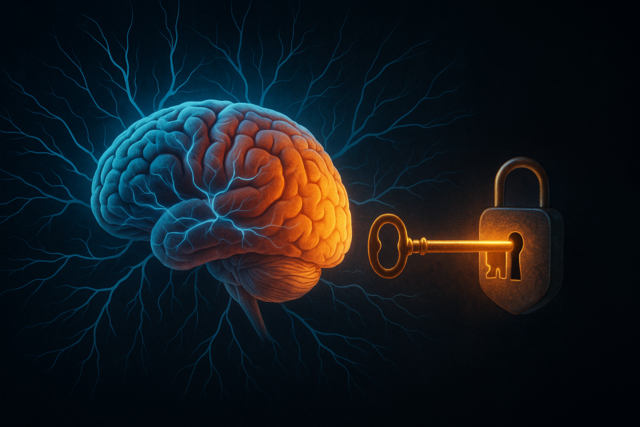 6 hours
0.6 CEUs
Neuroscience of Trauma: How the Brain Processes and Heals from Trauma
+ More Info
6 hours
0.6 CEUs
Neuroscience of Trauma: How the Brain Processes and Heals from Trauma
+ More Info
-
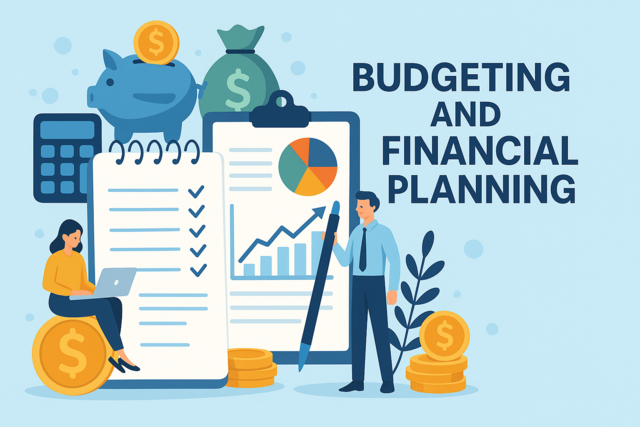 3 hours
0.3 CEUs
Budgeting and Financial Planning
+ More Info
3 hours
0.3 CEUs
Budgeting and Financial Planning
+ More Info
-
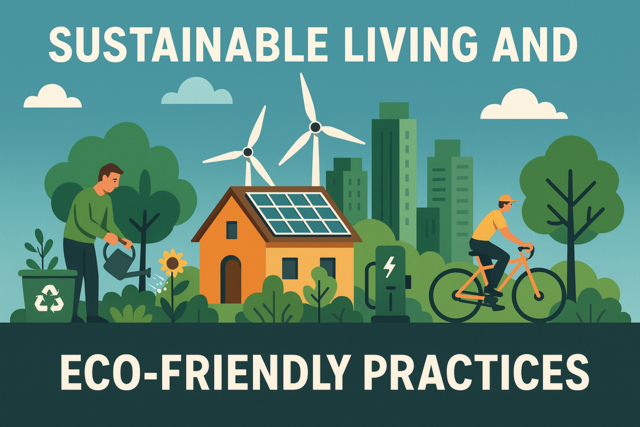 7 hours
0.7 CEUs
Sustainable Living and Eco-Friendly Practices
+ More Info
7 hours
0.7 CEUs
Sustainable Living and Eco-Friendly Practices
+ More Info
-
 7 hours
0.7 CEUs
Exploring Chakra Alignments
+ More Info
7 hours
0.7 CEUs
Exploring Chakra Alignments
+ More Info
-
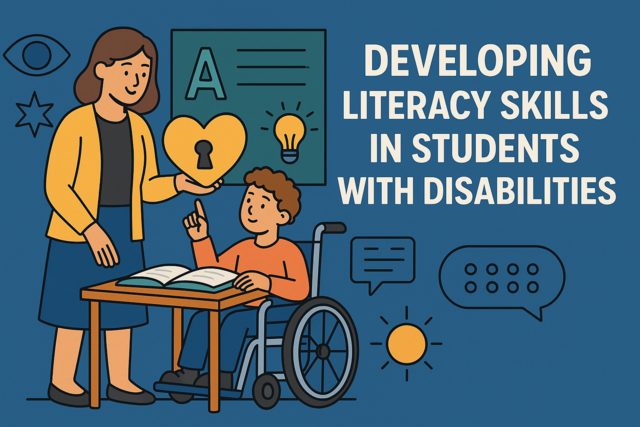 5 hours
0.5 CEUs
Developing Literacy Skills in Students with Disabilities
+ More Info
5 hours
0.5 CEUs
Developing Literacy Skills in Students with Disabilities
+ More Info
-
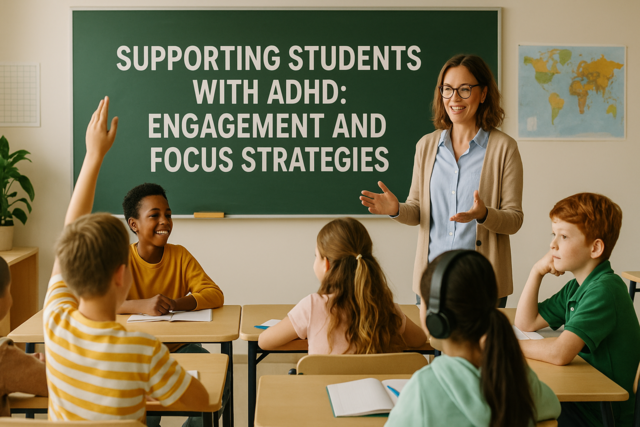 4 hours
0.4 CEUs
Supporting Students with ADHD: Engagement and Focus Strategies
+ More Info
4 hours
0.4 CEUs
Supporting Students with ADHD: Engagement and Focus Strategies
+ More Info
-
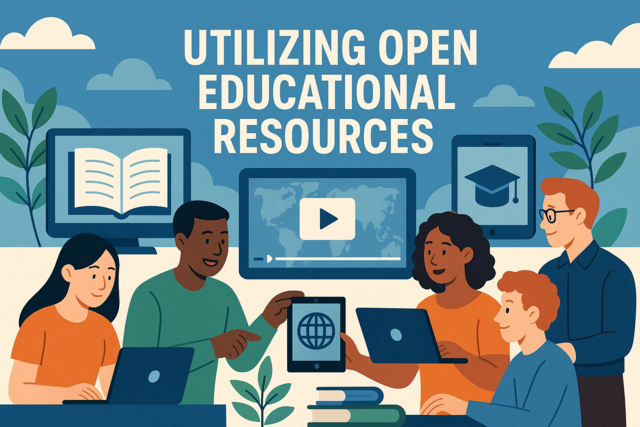 4 hours
0.4 CEUs
Utilizing Open Educational Resources
+ More Info
4 hours
0.4 CEUs
Utilizing Open Educational Resources
+ More Info
-
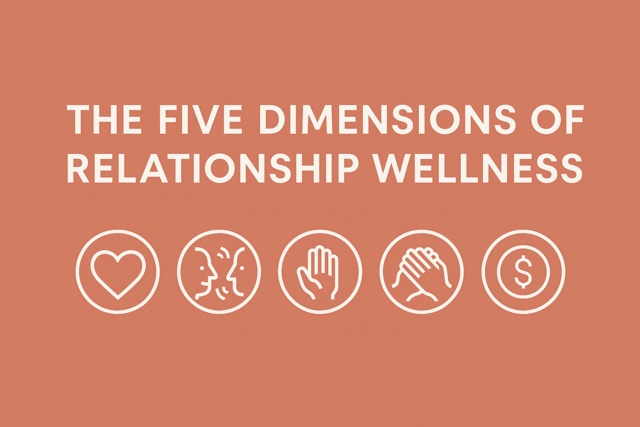 7 hours
0.7 CEUs
The Five Dimensions of Relationship Wellness
+ More Info
7 hours
0.7 CEUs
The Five Dimensions of Relationship Wellness
+ More Info
-
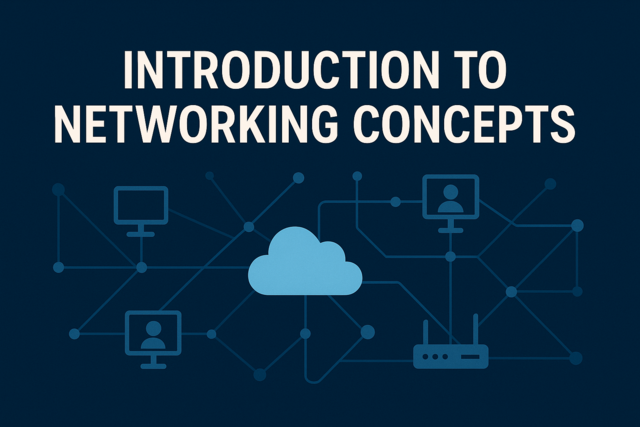 3 hours
0.3 CEUs
Introduction to Networking Concepts
+ More Info
3 hours
0.3 CEUs
Introduction to Networking Concepts
+ More Info
-
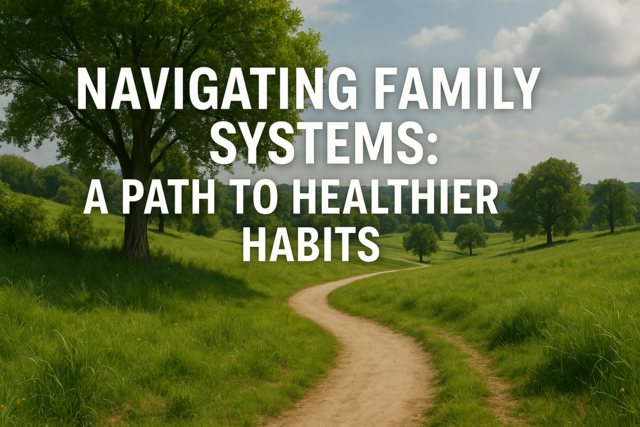 4 hours
0.4 CEUs
Navigating Family Systems: A Path to Healthier Habits
+ More Info
4 hours
0.4 CEUs
Navigating Family Systems: A Path to Healthier Habits
+ More Info
-
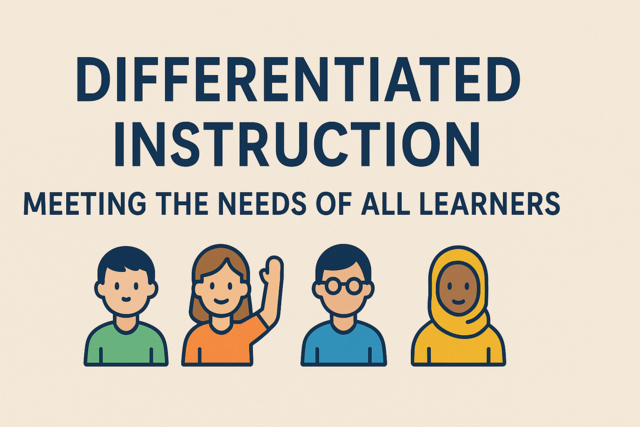 3 hours
0.3 CEUs
Differentiated Instruction: Meeting the Needs of All Learners
+ More Info
3 hours
0.3 CEUs
Differentiated Instruction: Meeting the Needs of All Learners
+ More Info
-
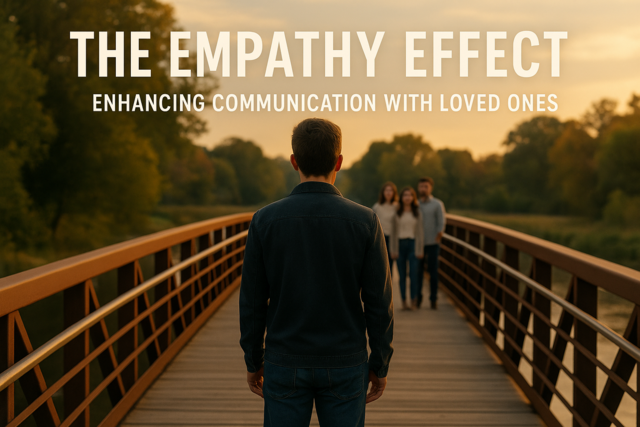 3 hours
0.3 CEUs
The Empathy Effect: Enhancing Communication with Loved Ones
+ More Info
3 hours
0.3 CEUs
The Empathy Effect: Enhancing Communication with Loved Ones
+ More Info
-
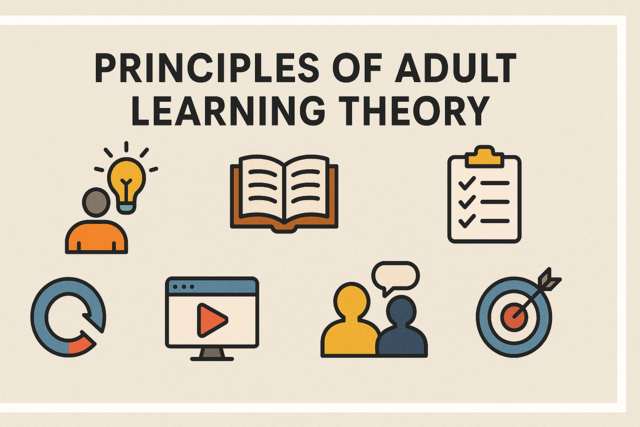 4 hours
0.4 CEUs
Principles of Adult Learning Theory
+ More Info
4 hours
0.4 CEUs
Principles of Adult Learning Theory
+ More Info
-
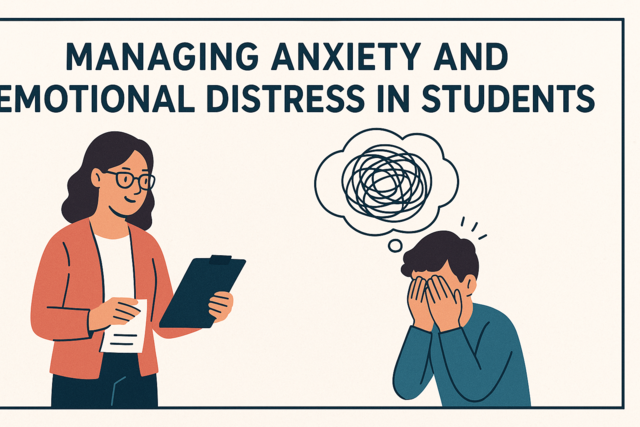 6 hours
0.6 CEUs
Managing Anxiety and Emotional Distress in Students
+ More Info
6 hours
0.6 CEUs
Managing Anxiety and Emotional Distress in Students
+ More Info
-
 6 hours
0.6 CEUs
Project Management for Personal Projects
+ More Info
6 hours
0.6 CEUs
Project Management for Personal Projects
+ More Info
-
 4 hours
0.4 CEUs
Preparing for a Career Change
+ More Info
4 hours
0.4 CEUs
Preparing for a Career Change
+ More Info
-
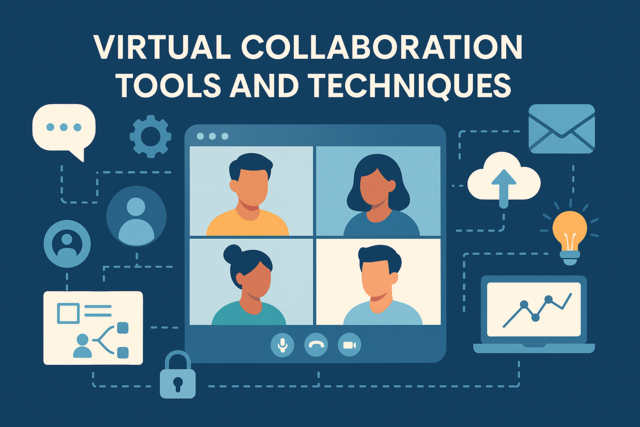 5 hours
0.5 CEUs
Virtual Collaboration Tools and Techniques
+ More Info
5 hours
0.5 CEUs
Virtual Collaboration Tools and Techniques
+ More Info
-
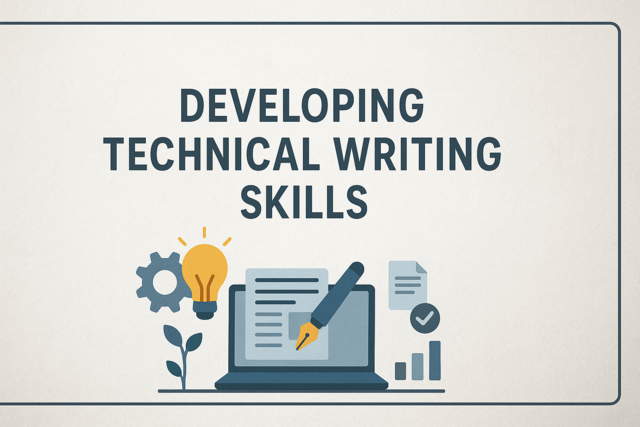 3 hours
0.3 CEUs
Developing Technical Writing Skills
+ More Info
3 hours
0.3 CEUs
Developing Technical Writing Skills
+ More Info
-
 3 hours
0.3 CEUs
Exploring Parallel Universes
+ More Info
3 hours
0.3 CEUs
Exploring Parallel Universes
+ More Info
-
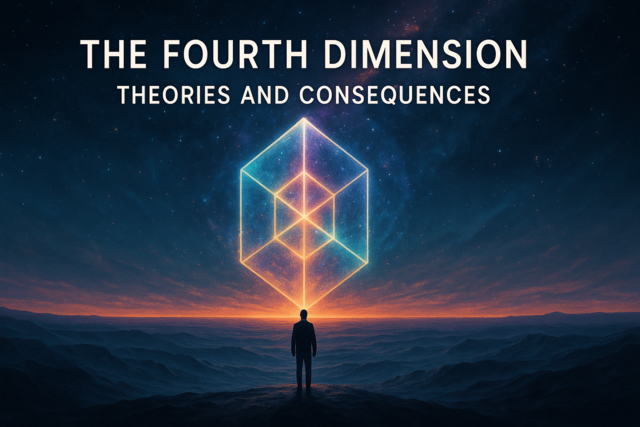 3 hours
0.3 CEUs
The Fourth Dimension: Theories and Consequences
+ More Info
3 hours
0.3 CEUs
The Fourth Dimension: Theories and Consequences
+ More Info
-
 6 hours
0.6 CEUs
Fashion Forward: Trendsetting in the Modern Era
+ More Info
6 hours
0.6 CEUs
Fashion Forward: Trendsetting in the Modern Era
+ More Info
-
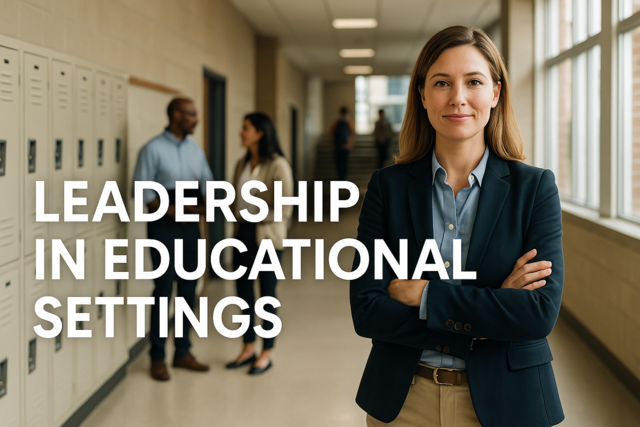 7 hours
0.7 CEUs
Leadership in Educational Settings
+ More Info
7 hours
0.7 CEUs
Leadership in Educational Settings
+ More Info
-
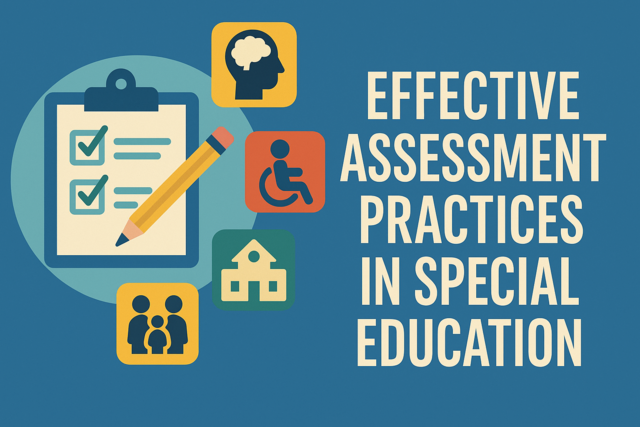 3 hours
0.3 CEUs
Effective Assessment Practices in Special Education
+ More Info
3 hours
0.3 CEUs
Effective Assessment Practices in Special Education
+ More Info
-
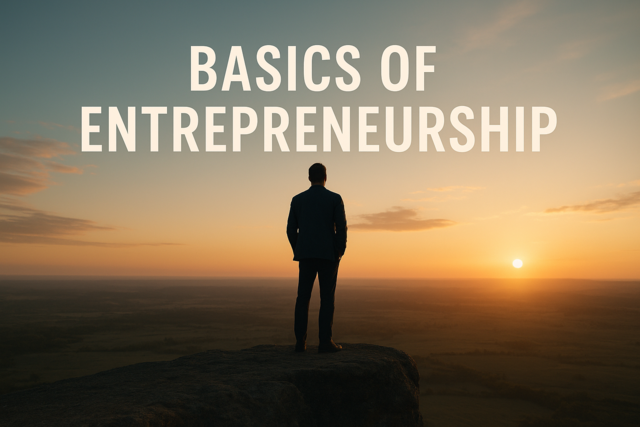 7 hours
0.7 CEUs
Basics of Entrepreneurship
+ More Info
7 hours
0.7 CEUs
Basics of Entrepreneurship
+ More Info
-
 7 hours
0.7 CEUs
Integrating Arts into the Curriculum
+ More Info
7 hours
0.7 CEUs
Integrating Arts into the Curriculum
+ More Info
-
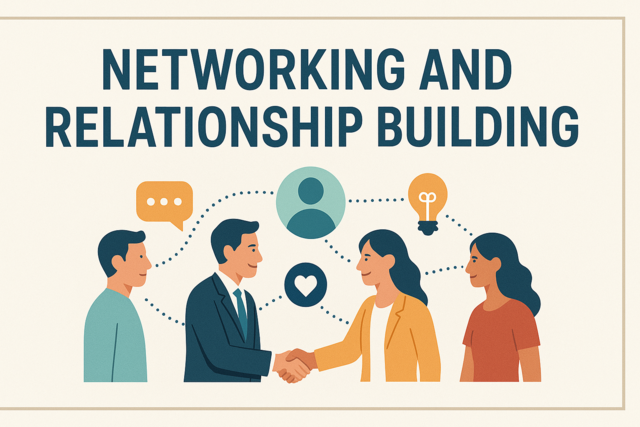 3 hours
0.3 CEUs
Networking and Relationship Building
+ More Info
3 hours
0.3 CEUs
Networking and Relationship Building
+ More Info
-
 5 hours
0.5 CEUs
Generational Patterns: How Narcissism Perpetuates Dysfunction
+ More Info
5 hours
0.5 CEUs
Generational Patterns: How Narcissism Perpetuates Dysfunction
+ More Info
-
 7 hours
0.7 CEUs
Promoting Independence and Life Skills
+ More Info
7 hours
0.7 CEUs
Promoting Independence and Life Skills
+ More Info
-
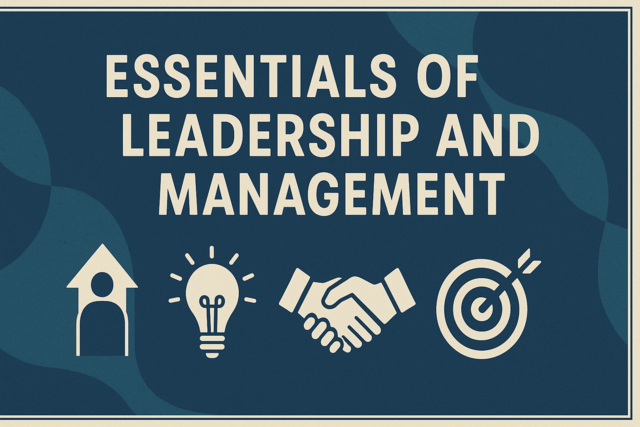 4 hours
0.4 CEUs
Essentials of Leadership and Management
+ More Info
4 hours
0.4 CEUs
Essentials of Leadership and Management
+ More Info


